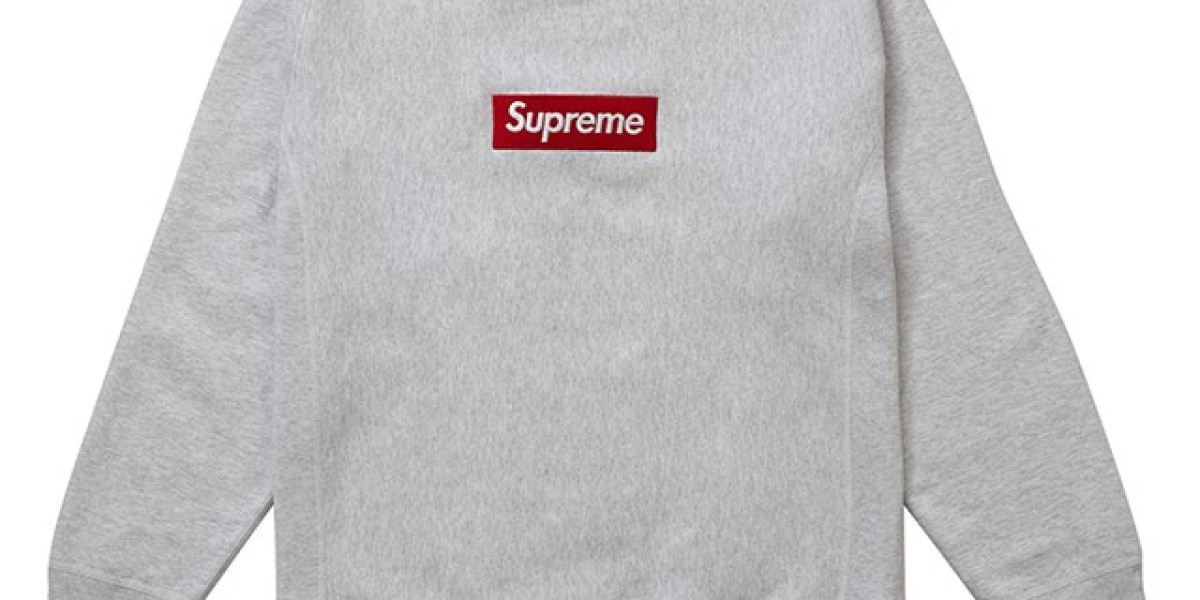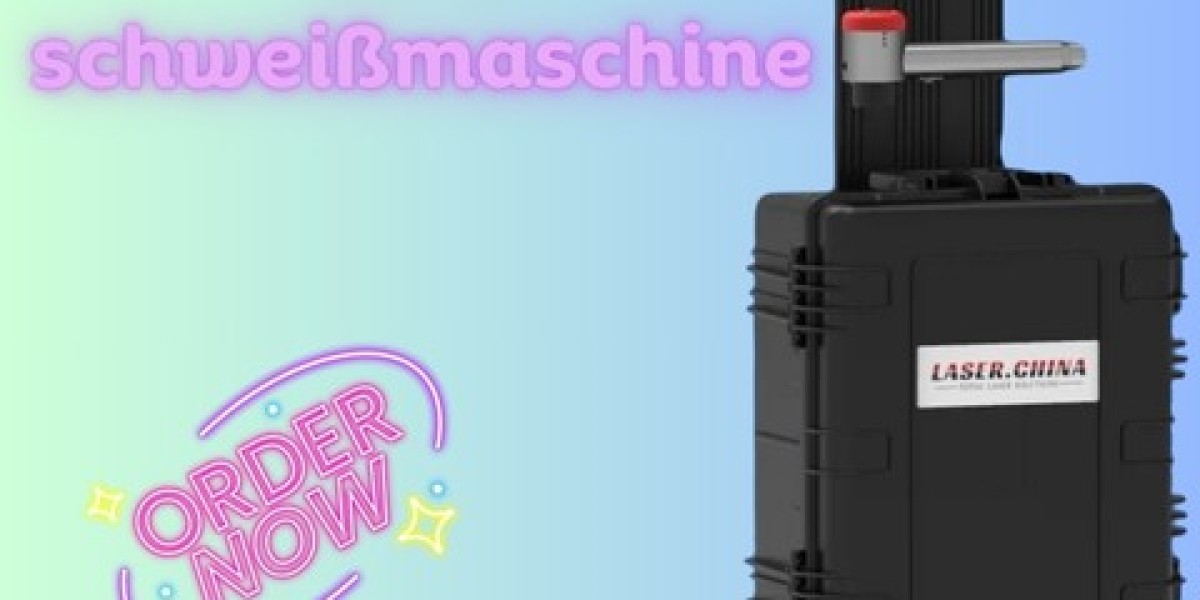The global halal empty capsules market is experiencing robust growth, reflecting a major shift in consumer preference for ethically sourced, halal-certified pharmaceutical and nutraceutical products. Valued at USD 1.2 billion in 2023, the market is projected to reach USD 1.9 billion by 2032, expanding at a steady CAGR of 5.41% between 2024 and 2032. This growth highlights the importance of halal compliance in healthcare as global awareness of halal-certified medicines continues to rise.
Growing Importance of Halal Pharmaceuticals
The halal pharmaceutical industry has gained significant momentum as consumers, particularly within the global Muslim community, increasingly demand transparency in sourcing, formulation, and production. Empty capsules, widely used in drug delivery systems, are a cornerstone of this demand. These capsules serve as critical components in medicines and supplements across therapeutic categories, and halal certification ensures compliance with dietary laws while maintaining safety and efficacy.
Track the Latest Market Developments: Request a Sample Report! https://www.snsinsider.com/sample-request/6071
Supportive government policies, combined with the rapidly expanding Muslim population and a surge in healthcare expenditure, are key factors fueling this demand. In recent years, pharmaceutical manufacturers have invested heavily in research and development (R&D) to create innovative halal-compliant formulations, ensuring inclusivity and accessibility in medical treatments worldwide.
Market Insights: Regional Highlights
North America Leads the Market
In 2023, North America dominated the halal empty capsules market, accounting for 38% of the global revenue share. This dominance is attributed to the region’s advanced pharmaceutical and nutraceutical industries, which are well-positioned to meet rising consumer expectations. Growing consumer awareness about capsule sourcing and the ethical dimensions of production has further fueled demand for certified halal capsules.
North America’s established manufacturing infrastructure, alongside a strong commitment to adhering to dietary preferences, has given the region a competitive edge. This robust foundation has enabled pharmaceutical players to cater to the needs of diverse populations while maintaining compliance with halal certification standards.
Asia Pacific – The Fastest Growing Region
The Asia Pacific region is projected to register the fastest CAGR during the forecast period, emerging as a growth engine for the halal empty capsules market. The presence of a high concentration of key manufacturers in countries like India, China, South Korea, and Japan plays a pivotal role in this expansion. Moreover, capsules manufactured in Asia Pacific are increasingly being exported to meet growing demand across the Middle East, Africa, and Europe.
Supportive government regulations, coupled with the expanding awareness of halal compliance in food and medicine, are propelling the region’s growth. In particular, India’s and China’s cost-effective manufacturing base, combined with growing halal certification initiatives, ensures Asia Pacific’s strong presence in global supply chains.
Key Market Drivers
The growth of the halal empty capsules market is underpinned by several influential factors:
- Rising Demand for Halal-Compliant Pharmaceuticals – A growing Muslim population, projected to surpass 2 billion globally, is significantly increasing the demand for halal-certified healthcare products.
- Government Initiatives & Supportive Regulations – Many countries, especially in the Middle East and Southeast Asia, are enacting supportive policies to ensure broader adoption of halal pharmaceutical standards.
- Growth in the Nutraceutical Industry – Halal empty capsules are increasingly being used in dietary supplements, vitamins, and herbal formulations, broadening their application beyond pharmaceuticals.
- Ethical Consumerism – With rising global awareness, consumers from diverse backgrounds (not just Muslims) are showing preference for halal-certified, ethical, and clean-label healthcare products.
- Technological Advancements in Capsule Manufacturing – Innovations in gelatin and non-gelatin capsule formulations are enabling manufacturers to cater to vegetarian, vegan, and halal consumer bases simultaneously.
Key Restraints & Challenges
Despite strong growth prospects, the halal empty capsules market faces certain challenges:
- High Costs of Certification and Compliance – Halal certification can be expensive and time-consuming, especially for smaller manufacturers, posing barriers to entry.
- Limited Awareness in Non-Muslim Regions – While awareness is high in Muslim-majority countries, there is still limited understanding of halal pharmaceuticals in some Western markets.
- Supply Chain Disruptions – Global disruptions, such as raw material shortages and trade restrictions, can impact capsule production and distribution.
Connect with Our Analyst to Address All Your Inquiries! https://www.snsinsider.com/request-analyst/6071
Opportunities in the Market
Amid challenges, the halal empty capsules market presents substantial opportunities for growth:
- Expansion into Emerging Markets – Countries in Africa, Southeast Asia, and Latin America present untapped potential due to their growing populations and increasing awareness of halal standards.
- R&D for Non-Gelatin Capsules – The shift toward plant-based and non-gelatin capsules provides new avenues for halal-compliant innovation.
- Strategic Collaborations – Partnerships between pharmaceutical companies, certification bodies, and regional governments can accelerate market penetration and build trust.
Market Segmentation
By Type:
- Gelatin Capsules – Traditionally dominant, widely used in pharmaceuticals and nutraceuticals.
- Non-Gelatin Capsules – Rapidly gaining traction, particularly among vegetarian, vegan, and halal-conscious consumers.
By End-Use:
- Pharmaceutical Industry – Major share, driven by increasing drug volumes and halal-compliant formulations.
- Nutraceutical Industry – Fast-growing segment, fueled by demand for halal-certified supplements.
- Others – Includes applications in food and specialty products.
Competitive Landscape
The halal empty capsules market is highly competitive, with several global and regional players actively shaping its growth. Key companies include:
- Capsugel (Lonza Group)
- ACG Group
- Qualicaps
- Sunil Healthcare Limited
- Roxlor Group
- Shanghai Honest Chem Co., Ltd.
- Medi-Caps Ltd.
- Bright Pharma Caps Inc.
- Natural Capsules Limited
- HealthCaps India Ltd.
- Suheung Co., Ltd.
- Shaoxing Kangke Capsule Co., Ltd.
- Erawat Pharma Limited
- Zhejiang Tianlong Capsule Co., Ltd.
- Farmacapsulas S.A.
These players are focused on expanding their production capacities, achieving halal certifications, and investing in R&D to meet evolving consumer preferences. Strategic partnerships, mergers, and geographic expansions remain central to their growth strategies.
Future Outlook
The future of the halal empty capsules market looks promising, with increasing consumer demand, strong regulatory support, and ongoing innovation driving growth. By 2032, the industry is expected to become an integral part of the global pharmaceutical and nutraceutical landscape. The shift toward ethical, halal-certified, and clean-label healthcare products ensures that manufacturers who invest in compliance, innovation, and sustainability will continue to thrive.






